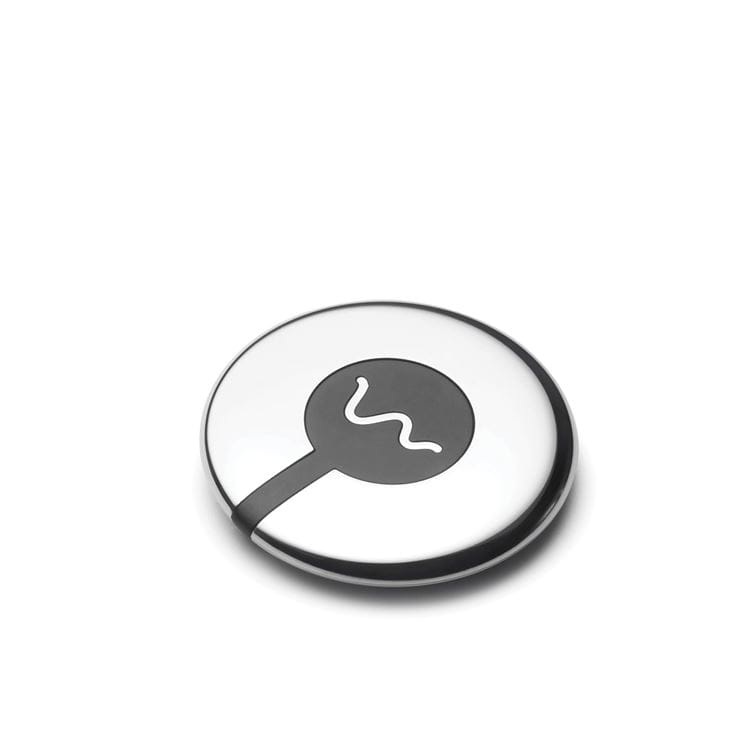Connected health
Let Nordic's expertise help you deliver the health tech your customers rely upon

China-based company Extant Future has launched a fetal heart rate and movement detector for use in the final trimester of pregnancy. The ‘Modoo’ patch is designed to be placed against the skin, where it records the heart rate of the fetus using passive sonar technology, as opposed to the ultrasound Doppler method traditionally used.
Powered by Nordic’s nRF52833 Bluetooth® LE SoC, Modoo works using an audio sensor to detect any vibration on the wearer’s skin. This signal is then amplified and the data filtered using the SoC’s powerful 64 MHz, 32-bit Arm® Cortex® M4 processor with floating point unit (FPU). The filtering uses algorithms that reduce background noise and track changes over time.

The results are then transmitted using Bluetooth LE to the user’s smartphone, where the fetal movement and heart rate curve are analyzed, using several years’ worth of reference data, to help identify any signs of intrauterine distress, such as hypoxia. The data can also be securely sent to the wearer’s physician for further analysis.
“In the last months of pregnancy, it is common for expectant mothers to be required to record up to three hours of fetal movement each day,” says Jiliang Ma, Founder and CEO of Extant Future. “This can be extremely time-consuming and inconvenient when undertaken at home or at work.
“Modoo aims to provide a convenient and portable alternative for home use. The user simply attaches the device to their stomach with a belly band, pairs it with their smartphone, tests for as little as 20 minutes, and then submits the report for scoring.”
Due to the frequency of required fetal reporting sessions, extended battery life was key, while the device also needed to retain a compact and lightweight form factor for ease of use by pregnant mothers. As a result, Modoo employs a customized 105 mAh Li-ion rechargeable battery with a weight of only 3.5 g. “We wanted this device to function [with 20 minutes of monitoring per day] for at least a week between charges,” says Ma. “And because we opted for a design without an on/off button, this created very high requirements for [low] static power consumption of the system.
“Fortunately, thanks to the ultra low power consumption and fully-automatic power management system of the nRF52833 SoC, we were actually able to exceed this target, and can achieve up to 20 sessions on a single charge.
“Another advantage of choosing a Nordic solution is the rich routines of the Nordic SDK,” says Ma. “This provides excellent reference designs for the development process, which has greatly shortened our research and development cycle, and improved the stability of the system.”
Let Nordic's expertise help you deliver the health tech your customers rely upon